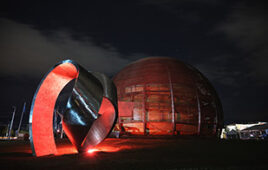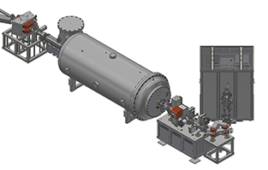
A new survey shows more people are willing to pay a higher premium for second generation biofuels.
A new survey shows consumers are willing to pay more for second-generation biofuels over conventional fuel.
A Washington State University research poll shows consumers will pay a premium of approximately 11 percent over conventional fuel.
“We were surprised the premium was that significant,” Jill McCluskey, WSU professor in the School of Economic Sciences, said in a statement. “We wanted to study people in different regions of the country, to make sure we weren’t just getting a local result, and people in all three cities we studied said they would pay more for these fuels.”
The surveys were conducted in Portland, Ore., Minneapolis and Boston by McCluskey and study co-author Tongzhe Li, a recent WSU Ph.D. graduate.
The participants were asked if they would be willing to pay a certain amount for the product and if they said no, the researchers offered a discount and asked if participants would pay that amount. If the participants said yes, then the researchers would ask if they would pay a little more for the product.
Before they survey, half of the respondents were given information about second-generation biofuels. The respondents who received this information were more willing to pay a greater premium, which suggests that marketing the benefits of new biofuels would improve consumers’ perceptions.
First generation biofuels use potential food sources like corn, which can cause the price of food to rise., while second-generation biofuels are made from sustainable biological non-food sources.
“This new biofuel doesn’t exist commercially yet, so we have to do these studies to make sure there’s a potential market for it,” McCluskey said. “And this shows there clearly is a market.”
Alaska Airlines recently flew a plane from Seattle to Washington, D.C., strictly on second-generation biofuel made from wood scraps.
The flight took place on Nov. 14 when a Boeing 737-800 departed Seattle-Tacoma International for Washington Reagan National Airport with 163 passengers. The plane was fueled by 1,080 gallons of biofuel, developed in association with the WSU-led Northwest Advanced Renewables Alliance.
McCluskey’s study was part of a grant from the National Science Foundation headed by Shulin Chen, WSU professor in the Department of Biological Systems Engineering. Chen, who researches new biofuels, asked McCluskey to find out whether people would buy second-generation biofuels.
The study, which appeared in Energy Economics, can be viewed here.




